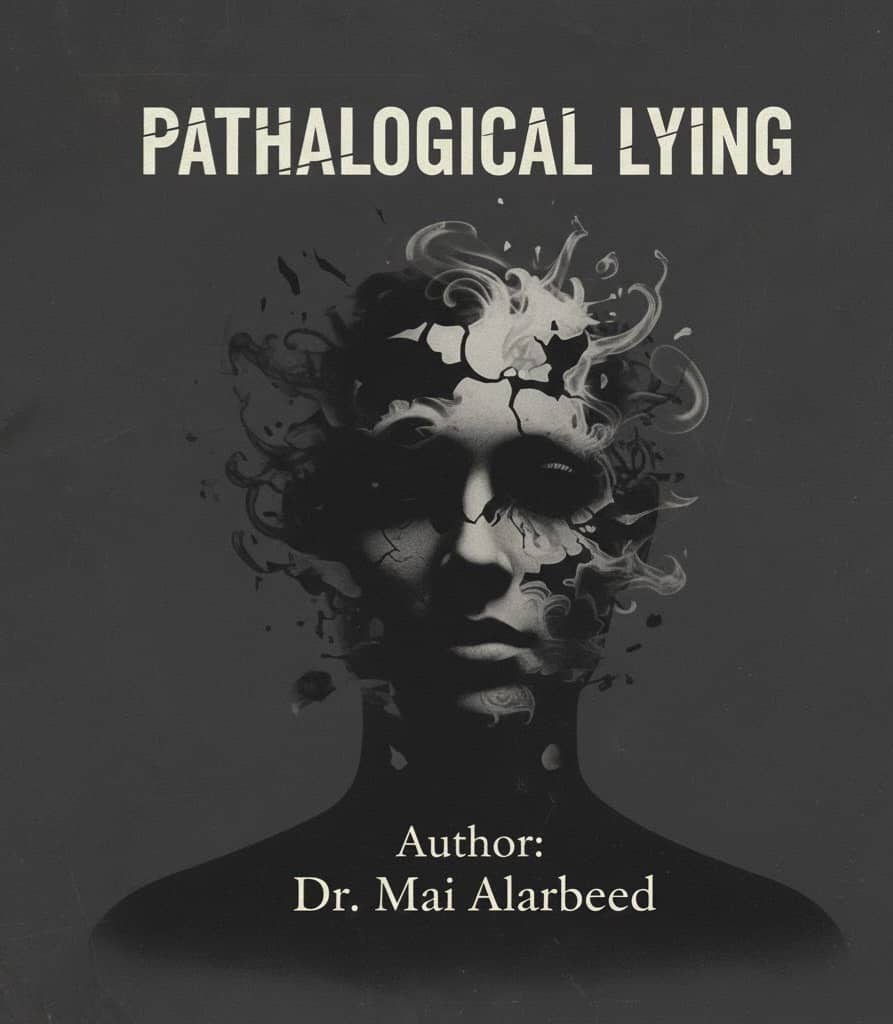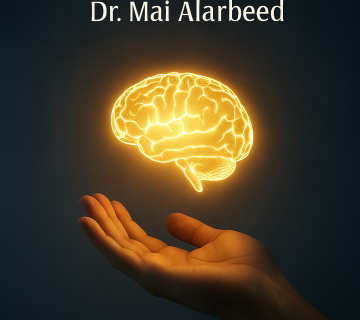Dr. Mai Alarbeed
Between Recognition and Criticism
The Reality of Mental Disorders
A mental disorder is characterized by a clinically significant disturbance in an individual’s cognition, emotional regulation, or behaviour. It is usually associated with distress or impairment in important areas of functioning. There are many different types of mental disorders. Mental disorders may also be referred to as mental health conditions. The latter is a broader term covering mental disorders, psychosocial disabilities and (other) mental states associated with significant distress, impairment in functioning, or risk of self-harm
In 2019, 1 in every 8 people, or 970 million people around the world were living with a mental disorder, with anxiety and depressive disorders the most common . In 2020, the number of people living with anxiety and depressive disorders rose significantly because of the COVID-19 pandemic. Initial estimates show a 26% and 28% increase respectively for anxiety and major depressive disorders in just one year . While effective prevention and treatment options exist, most people with mental disorders do not have access to effective care. Many people also experience stigma, discrimination and violations of human rights. American Psychiatric Association( 2022 )
About half of Americans will meet the criteria for a DSM-IV disorder sometime in their life, with first onset usually in childhood or adolescence. Interventions aimed at prevention or early treatment need to focus on youth. Kessler et al,(2005) – Arch Gen Psychiatry
Psychiatry is unique among the medical specialties in the sense that it has a very active and vocal countermovement known loosely as antipsychiatry. What started in the 1960s with the writings of psychiatrists Thomas Szasz* and R.D. Laing, among others, has since broadened to include a whole host of ideas and philosophies subsumed under “antipsychiatry.”
Individuals associated with antipsychiatry may oppose coercive practices in psychiatry; the use or overuse of psychiatric medication; electroconvulsive therapy; or the legitimacy of psychiatric diagnoses. Not all critics of psychiatry are necessarily “antipsychiatry,” and some affiliated with the movement raise important ethical and philosophical questions for psychiatry. Unfortunately, others seem to harbor a visceral hatred for “all things psychiatry” (see Pies, 2012). One has to look no further than the comments left by some on antipsychiatry websites, calling for violence against psychiatrists and others in the field
To explore the full study, please follow the link
https://drive.google.com/drive/u/1/my-drive




لا تعليق